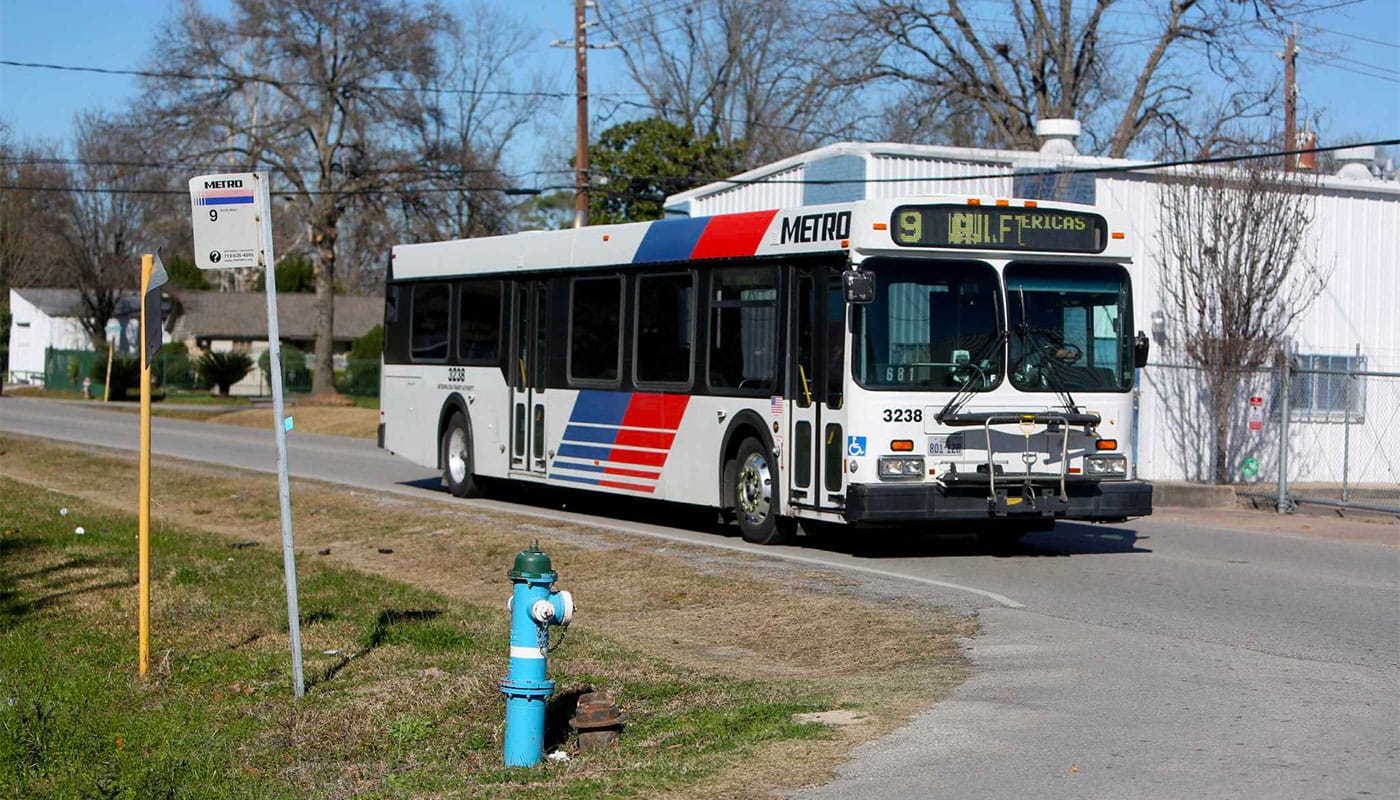Here is a round-up of the latest news in the world of accessible travel and disability, including an airport event that familiarized children and families with disabilities with air travel, a request for public comment from the DOT on service animal regulations (please comment!), Houston’s plan to make city bus stops accessible for the blind and more.
Accessible travel news from around the web:
- Wage hike for wheelchair attendants at New York airports — The board of the Port Authority of New York and New Jersey recently approved an increase in the minimum wage for workers at the John F. Kennedy, LaGuardia and Newark airports. The proposal would raise the minimum wage for wheelchair attendants, baggage handlers, security staff, cleaners, etc. to $19 per hour by 2023. The current minimum wage is $10.45 per hour at Newark and $13 per hour at JFK and LaGuardia.
- DOT asks for public comments about service animals on airplanes — I have written previously about the new service animal policies rolled out by Delta and United. The Department of Transportation is now considering updates to its own guidance and regulations on service animals in the sky, and they want comments from members of the public. It is important that the voice of the disability community is heard, and I encourage you to submit comments by clicking here. The deadline for submissions is July 9, 2018.
- Uber and Lyft still running an accessibility scam — A new report released by the organization New York Lawyers for the Public Interest and reported on by The Washington Post reveals that rideshare operators Uber and Lyft continue to discriminate against wheelchair users. The group, which studied the availability of accessible Uber and Lyft rides, found that “there were no such vehicles available 70 percent of the time.” And, on 17 occasions, the report claims that their search for an accessible Uber/Lyft vehicle at New York’s major airports came up empty.
- System of beacons for the blind will make Houston city buses more accessible — The City of Houston, Texas has begun rolling out a $375,000 program to install bluetooth beacons that will help people with limited vision locate city bus stops with a smartphone. Hailed by disability advocates as a major step for accessibility, the new technology will be installed at each of the more than 9,000 bus stops in the region’s service area of 1,300 square miles.
- Corpus Christi Airport opens itself to children with disabilities — Air travel with a disability is challenging, and it is especially so for children and families who have not taken a flight before. Last week, Corpus Christi International Airport partnered with the Center for Autism and Related Disorders (CARD) to host an event that familiarized attendees with the air travel experience – with stops at the ticket counter, TSA security, the departure gate and, ultimately, boarding the airplane. These events celebrate diversity, promote inclusion and open up travel to people with disabilities. I’m still shocked that my home airport in Orlando, Florida has rebuffed my repeated requests to hold a similar event. Hats off to you, CRP Airport!
- UK rail operator puts inaccessible trains on major route — British disability advocates and organizations are up in arms over a decision by rail operator TransPennine Express (TPE) to use older Mark 3 coaches on more than one-third of daily services between Liverpool and Scarborough. The Mark 3 trains will be unable to accommodate wheelchair, requiring people with disabilities to wait for a later train that is accessible. James Taylor, head of policy and campaigns at UK charity Scope, said, “Disabled people already face too many unnecessary barriers to travel and shouldn’t be treated as second-class citizens.” Amen to that.
Check back every couple of weeks for the latest roundup of accessible travel news. Be sure to follow me on Facebook and Twitter to stay in the know!
Featured images courtesy Gary Coronado/Houston Chronicle and Yi-Chin Lee/Houston Chronicle.















